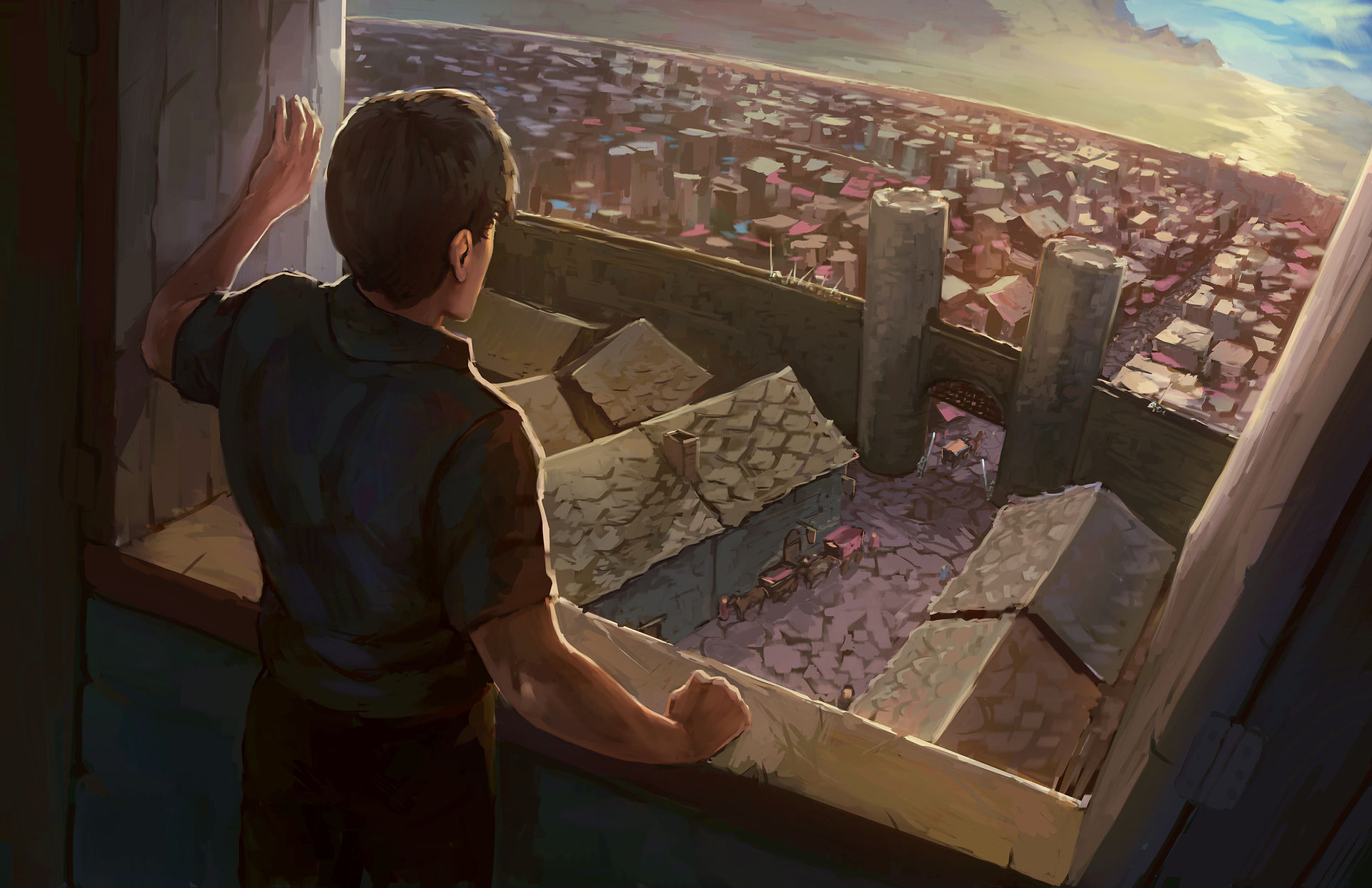How I Write - Vomitus ex Verbis
- Herman P. Hunter
- Sep 30, 2021
- 5 min read
Whether you're a plotter or a pantser, studied hand or free spirt, your writing process requires pumping out a first draft.
What needs to be achieved with a first draft?
My view of writing writing your first draft is pretty simple: all you need to do is get the ideas down in some cohesive form.
That's it. Nothing more.
Don't expect it to be a masterwork. In fact, the writing and prose will suck. Outright suck. if your expectations are that you'll write it once and move on, then maybe you should think about a different hobby or profession. Because (and you'll learn this quickly), once you write something down, you'll have a hard time not agonizing over the details. Which is why, at this juncture, you should just write, and not worry about the details. In fact, don't even worry about the spelling.
And if you're not agonizing over the details of your manuscript - to be blunt - you're doing it wrong. But more on that in a later post.
As you start a chapter, think of a scene. Think about where you want to start and where you want to end. Write about that. Fill in some details. Get the overall structure down in a story-like form. And, most importantly, do not sweat the details. That's for later.
If I have sections in a chapter that just don't inspire me, I'll just skip over them and leave an author's note in bold text. How I get to a pivotal scene is less important than getting down the details of that scene. Connecting fragments together can be done in successive revisions - and there will be many before the process is done. The whole point, however, is to set a mood or express a thought.
At this stage, it doesn't have to be great, or even good - it just has to be there. Later on, when you've had time to mull things over in your head, you can go in, tweak, refine, change, and update.
In the end, writing a rough should be fun. It should be the best part of the writing experience. You shouldn't have to think your way through the process, or wring your hands over the stylistic elements of a story. It's a time when you can wallow in a mood or a theme, and splatter that all over a page.
What are your definitive goals?
I have very few goals when writing a first draft:
1) I have a hard target of roughly 2000 words per chapter.
2) I need to get the raw emotion or expression of the chapter detailed.
3) The chapter MUST either push the story forward and / or introduce some sort of tension.
4) The chapter should end on something that makes you want to read the next chapter.
On average, my chapters run 2000 to 3000 words, which is smaller than the average of 3000 to 4000. The reason being is that I like to keep things tight and punchy so that you're not having to read 50 pages just to break at a chapter.
There isn't a lot of fluff in my work, or at least I don't think there is. By the end of the chapter, I have to provide at least one key piece of information for the reader. It could be the growth of the character, or a clue to a later plot twist. In the end, the chapter has to justify the reason for it's existence, otherwise it gets cut. With book 2 of the Frankie Falawell series, I did a lot of cutting. Some chapters I really liked got thrown out because of overall word count, or because they were redundant, or because they didn't provide anything key to the reader. I condensed a bunch of stuff as it related to a key character in the story - some of that I really liked and had a hard time throwing away. Some of these I'll keep, and most likely publish them as ancillary chapters on my Locals site.
Being critical of what you write at the outset of writing avoids a lot of editing down the line.
What are some other details of the process?
In my opinion, a writing habit should be developed very early on. I reserve Saturday, from 11:00 am to 3:30 pm, as my writing time. During this period, I go to my favorite writing spot (a place down at the end of my favorite bar), throw on some music, fire up the tablet and try to crank out a chapter. I adhere to this ritual with an almost religious fervor.
Originally I did my writing at night, usually from 10:30 pm to about 1:30 am. In fact, I did that for years. That has since changed, now that I've gotten serious about getting published. Most of the week during that time, I'm attending to other thing, mainly cultivating a social media presence, writing blog entries, editing existing drafts, and doing research on marketing. I may or may not pump out a chapter during that time, but my Saturday ritual is set aside for nothing else. So, no matter what comes up during the week, at least one spot is reserved for moving ahead with projects.
I almost always listen to music while I am writing. In fact, music is a huge part of my creative process. I have several playlists dedicated to writing, with some specialized playlists created to help me focus on specific emotions. If I want a chapter to be heart-wrenchingly sad, I play a set of songs that creates that mood. Likewise, if I want to really immerse myself in a High Fantasy mindset, I also have songs for that as well.
Will everything I write be garbage the first draft?
Absolutely not.
I can't tell you the number of times I've written something - a paragraph or a sentence - that literally comes out of nowhere. After I write it, I'll sit back and just sort of revel in the moment. It's a satisfying feeling, knowing you've hit the nail right smack-dab on the head. My suggestion is that you enjoy it when it happens.
Also understand that this one sentence or paragraph usually requires several, seemingly mundane, paragraphs as a setup. While that one profound thing you wrote may dazzle you with it's brilliance, it's only because it's resting atop a solid foundation of words and phrases. Those are just as important as that one singular line. And all of that will need a lot of heavy tweaking and refinishing before you're finally done. But the first pass? Just write it, revel in it, then move on.
When these moment happen, it's tempting to try and make the WHOLE BOOK as profound as that one stunning phrase you just dreamed up. You end up raising your own expectations to a point where you can't deliver on them - it's self-defeating.
Understand that profundities require a lot of setup in a story, with much of that setup being mundane. Trying to make it NOT mundane is going to make you look like a Hemmingway wannabe who is trying way to too hard to look "literary."
Hence the reason why you just write with no real expectations, and sort it out later.
So just write. Leave the hand-wringing for another time.



Comments